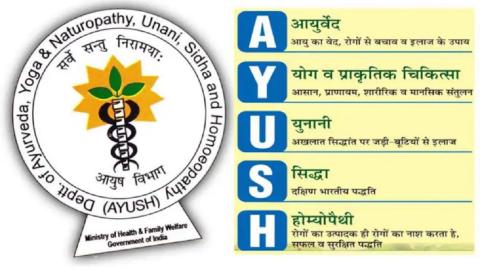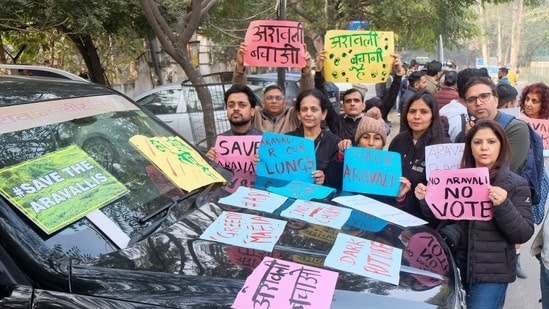Himalaya Harbinger, Uttarakhand Bureau.
As Uttarakhand enters its silver jubilee year, the state’s vision of becoming an AYUSH hub has taken a hit, with 12 out of its 20 AYUSH colleges failing to meet the standards set by the National Commission for Indian System of Medicine (NCISM). Despite being rich in medicinal herbs and envisioned as an AYUSH state during its formation, Uttarakhand has lagged in ensuring quality standards in its AYUSH education sector.
The Medical Assessment and Rating Board of NCISM recently released its first-ever evaluation of 540 AYUSH colleges across India. The rating assessed institutions on parameters aligned with modern demands in AYUSH education. Nationally, only 221 colleges met the criteria, while 319 fell short. Of Uttarakhand’s 20 AYUSH colleges, only eight made it to the ratings, with a single college securing an ‘A’ grade, one receiving a ‘B’ grade, and six earning a ‘C’ grade.
The Patanjali Indian Institute of Medical Sciences and Research, Haridwar, was the sole institution in Uttarakhand to achieve an ‘A’ rating. The Himalaya Ayurvedic Medical College, Doiwala, earned a ‘B’ rating, while six other colleges, including Gurukul Ayurvedic College, Haridwar, and Shivalik Institute of Ayurveda and Research, Dehradun, were placed under the ‘C’ category. Meanwhile, 12 private AYUSH colleges failed to meet the basic standards required for evaluation.
An official from NCISM explained the gravity of the issue: “The ratings are a comprehensive assessment of infrastructure, faculty, research, and clinical training. Colleges failing these parameters highlight systemic lapses that require urgent attention.”
On the national scale, 55 AYUSH colleges achieved ‘A’ ratings, 55 received ‘B’ ratings, and 111 were categorized under ‘C’. The results underline a broader challenge in the AYUSH education sector across the country, but Uttarakhand’s poor performance stands out given its natural advantages and the initial vision of making it an AYUSH leader.
Local students and experts have voiced their disappointment over the state’s failure to deliver on its AYUSH ambitions. Kavita Sharma, a student from Dehradun, said, “It’s disheartening that many colleges in Uttarakhand are not equipped to meet modern educational standards. The lack of proper infrastructure and experienced faculty affects our learning and future prospects.”
Dr. Rajeev Verma, an Ayurvedic practitioner based in Haridwar, expressed his concern, stating, “Uttarakhand has the potential to lead in AYUSH, but the government needs to focus on stringent monitoring and improving facilities in private institutions. This failure is a major setback for the state’s reputation.”
The poor ratings have sparked a discussion about the state’s preparedness to achieve its long-standing goal of becoming an AYUSH state. An official from the state’s AYUSH department admitted, “We acknowledge the shortcomings highlighted in the ratings. Efforts are underway to ensure that these colleges improve their standards through targeted support and regular monitoring.”
Experts argue that while Uttarakhand’s rich biodiversity offers immense potential for developing Ayurvedic education and medicine, this must be matched with better regulation and investments in AYUSH colleges.
The state’s underwhelming performance raises significant questions about its ability to fulfill the promises made during its formation. Stakeholders are calling for comprehensive reforms to uplift AYUSH education and ensure that the state can leverage its natural resources effectively. For Uttarakhand to regain its momentum and position itself as a leader in AYUSH, a combination of robust governance, better infrastructure, and quality control in education is critical.
As Uttarakhand reflects on its 24-year journey, the dismal state of AYUSH colleges serves as a wake-up call. The million-dollar question remains: Can Uttarakhand overcome these challenges and realize its vision of becoming a true AYUSH state?








